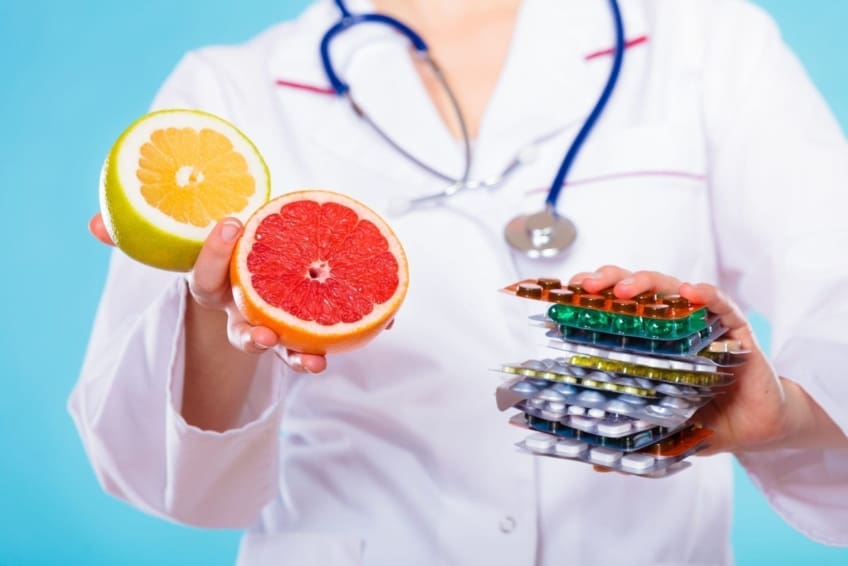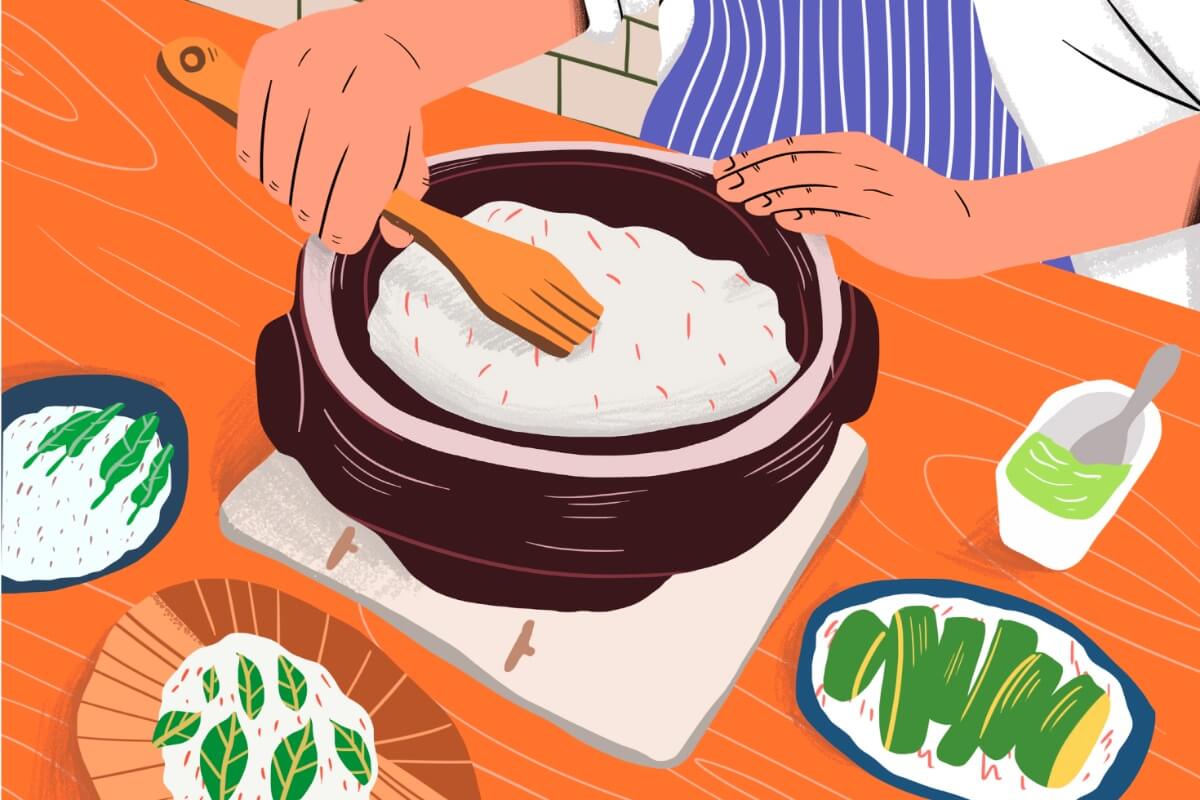
Grapefruit and grapefruit juice have many nutritional benefits. But they can have a negative impact on your health by interfering with your medicine. Before you consume grapefruit or grapefruit juice, check to see if it interacts with any of your prescription or over-the-counter (OTC) medicines.
What is a drug-food interaction?
A drug-food interaction happens when the food you eat or drink affects the ingredients in a medicine you are taking so the medicine can’t work the way it should.
Drug-food interactions can happen with both prescription and OTC medicines, including antacids, vitamins, and iron pills.
How does grapefruit interact with medicines?
Eating grapefruit or drinking grapefruit juice affects how your body processes certain medicines. The chemicals in grapefruit can cause your body to absorb either too much or too little medicine into your bloodstream. This makes it more likely that you will experience side effects from the medicine, or that your medicine won’t be effective. Certain types of oranges, such as pomelo and Seville, also can cause similar effects.
Path to improved health
Your doctor or pharmacist may tell you to avoid having grapefruit while taking certain medications. Check OTC medicine warning labels and the instructions that come with prescription drugs to make sure that they don’t list grapefruit or other food-drug interactions.
Do all medicines interact with grapefruit?
Not all medicines interact with grapefruit, but many commonly prescribed medicines do. Examples include medicines to treat:
- High cholesterol: atorvastatin, lovastatin and simvastatin (Note: pravastatin does not interact with grapefruit)
- High blood pressure: felodipine, nifedipine, nimodipine and nisoldipine
- Heart arrhythmia (a condition where your heartbeat is abnormal): amiodarone
- Depression and anxiety: buspirone and sertraline
- Human immunodeficiency virus (HIV): saquinavir
- Organ transplants (often prescribed to help suppress the immune system in people who have recently received organ transplants): cyclosporine and tacrolimus
- Allergies: fexofenadine
- Erectile dysfunction: sildenafil
If you don’t know if the medicine you are taking interacts with grapefruit, ask your doctor or pharmacist. Your doctor can usually prescribe another medicine that doesn’t interact with grapefruit
Do all fruit juices interact with medicines?
Grapefruits, pomelo oranges, and Seville oranges are the only fruits known to cause interactions with medicines. Check with your doctor to see if you can drink juice when taking medicine.
Things to consider
An interaction can occur even if you eat or drink a small amount of grapefruit. However, if you like grapefruit and want to continue to enjoy it, ask your doctor if there is a different medicine for you that doesn’t interact with grapefruit.
Interactions can happen up to 3 days after eating or drinking grapefruit. This means you cannot drink grapefruit juice in the morning and take your medicines later in the day to stop possible medicine interactions.
Questions for your doctor
- Can I have grapefruit or grapefruit juice while taking this medicine?
- What are the negative side effects of consuming grapefruit or grapefruit juice while taking this medicine?
- Is there another drug I can take instead of this one that doesn’t interact with grapefruit?
This content was developed with general underwriting support from Nature Made®.
![]()
Copyright © American Academy of Family Physicians
This information provides a general overview and may not apply to everyone. Talk to your family doctor to find out if this information applies to you and to get more information on this subject.











